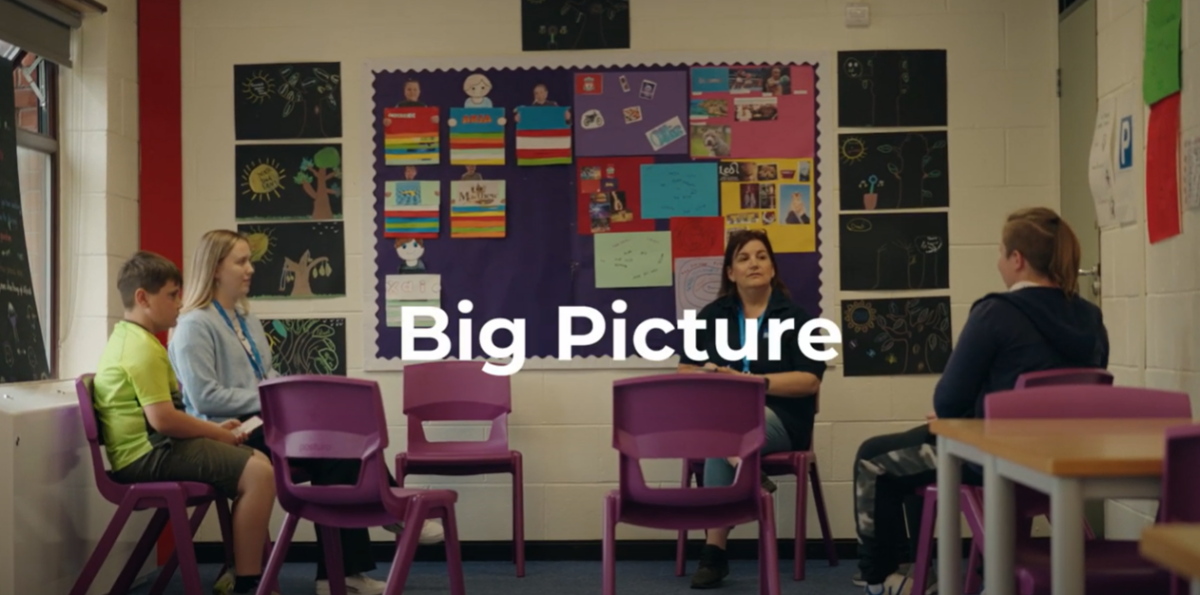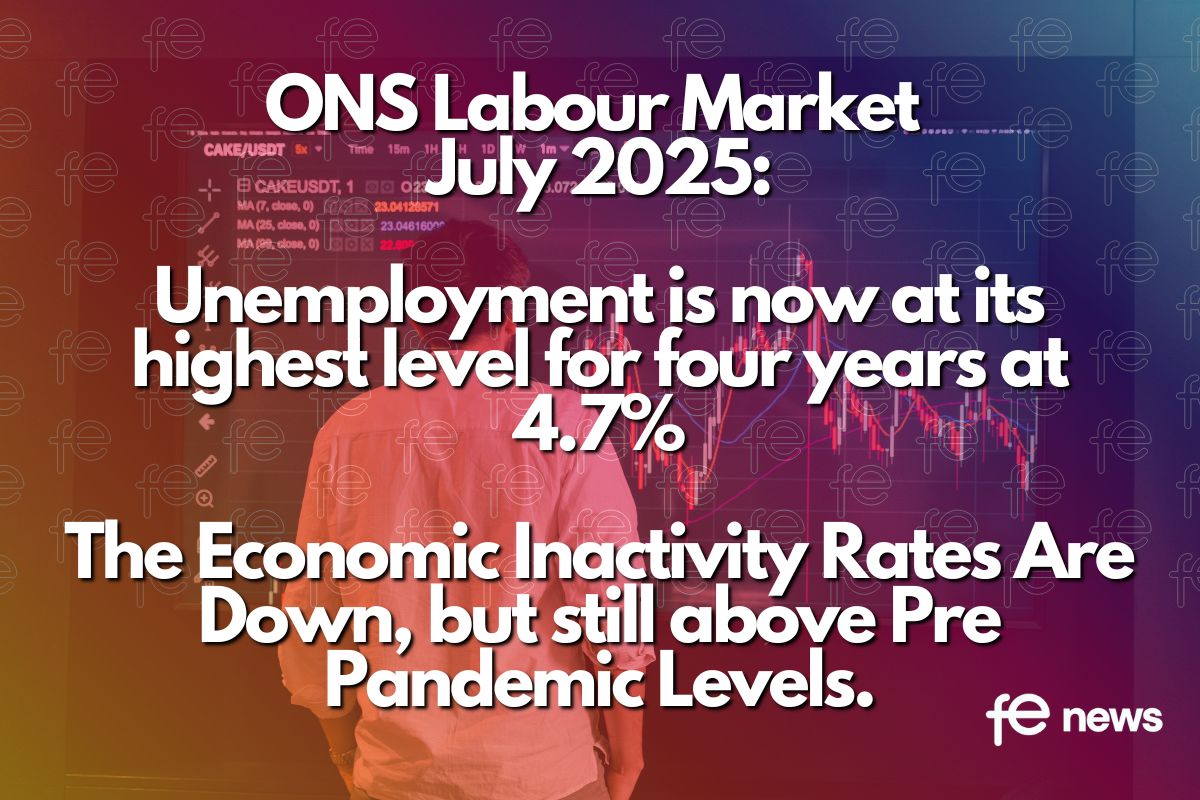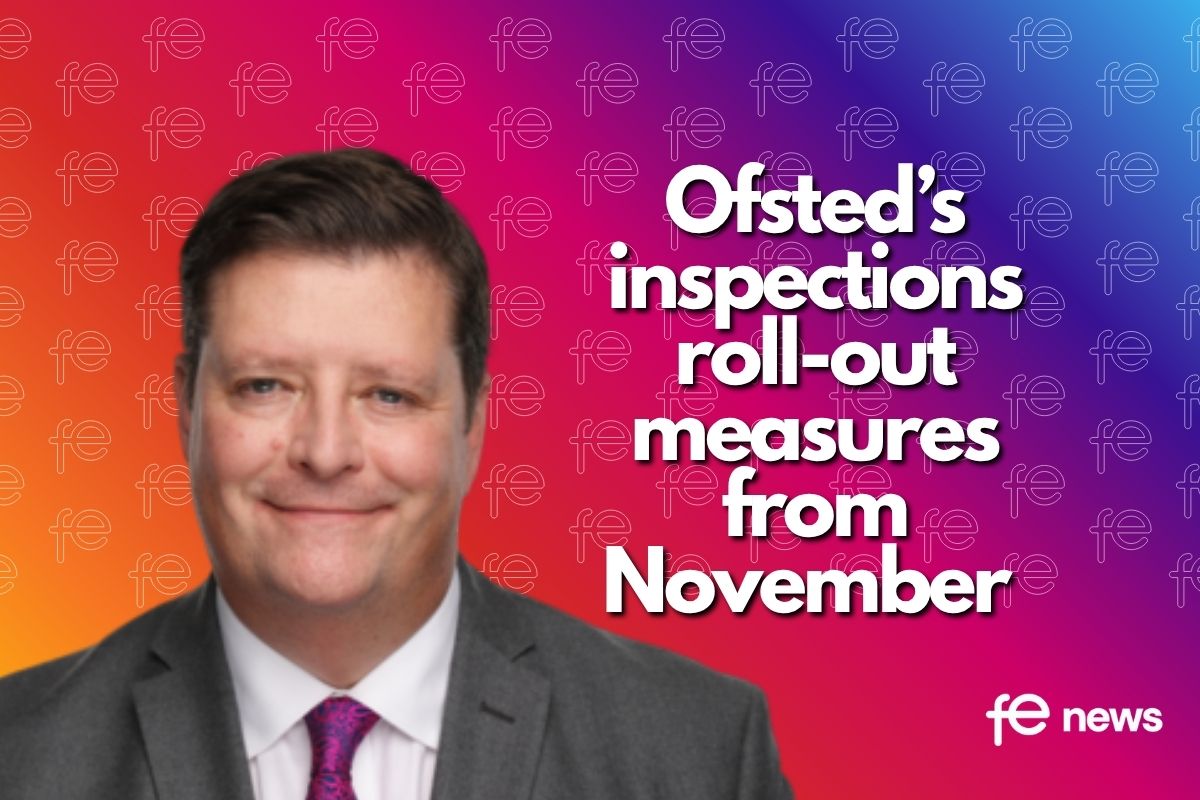“Chaotic” £1.9BN Kickstart scheme for youth employment fails to deliver for young people or taxpayer

In its report published today (25 Feb) the Public Accounts Committee says it supports the Department for Work and Pensions’ “intention of supporting young people into work at what was expected to be a downturn in employment opportunities” – but the £1.9 billion “emergency intervention” Kickstart scheme has supported far fewer young people than predicted, “early delivery was chaotic” and DWP “neglected to put in place basic management information that would be expected for a multi-billion-pound grant programme”.
Over one year since the scheme was launched, with “stronger than expected economic growth”, DWP is now forecasting that Kickstart will support far fewer young people than envisaged – 168,000 vs original prediction of 250,000 – and will cost £1.26 billion.
But despite more favourable than predicted economic conditions, many young people who joined Universal Credit at the start of the pandemic have remained on the benefit, and DWP doesn’t know why these people have not moved into Kickstart jobs.
Shocking inequality
In December 2021 the PAC reported that DWP could also not explain the ‘“shocking inequality” as unemployment among young black people temporarily surged to 41.6% in the pandemic, from a high pre-pandemic rate of 24% – unemployment in young white people had increased from 10.1% to 12.4% over that time.
The Committee says DWP also does not actually know what employers are providing with the £1,500 employability support grants they get for each young person they take on through the scheme. It says DWP “should ensure that it is able to, and does, claw back employment support costs where the employer has not used the money in line with its expectations, and allow Gateways to withhold the £1,500 employment support until employers demonstrate high quality employability support”
Dame Meg Hillier MP, Chair of the Public Accounts Committee, said:
“There are very unfortunate similarities across Government’s Covid response schemes: rushed implementation and too little track kept of whether a scheme was delivering what it promises – even given the unprecedented pressures at the start of the pandemic. In this case the department simply has no idea whether this scheme was worth the money, not least because it has little idea what was delivered for it.
“DWP set up a scheme with good intentions but with no proper way of measuring its success for young people seeking work. It enabled employers to spend money for placements with no method of recovery if the job did not last. Employers were frustrated by how hard it was to find suitable candidates for the jobs they created – and ultimately the scheme reached far fewer people than predicted.”
Responding to the report, a Catch22 spokesperson said:
“Catch22 was one of the first to join the ranks of Kickstart Gateways, and went on to incubate Kickstart Community – a programme which provides wraparound support for both the employer and employee before and during the placement. Despite DWP’s best intentions for the scheme, the Public Accounts Committee has identified in their report published earlier today, that the scheme is simply not delivering what it set out to do for young people.
“The findings of the inquiry reflect much of the evidence that we submitted. Ultimately, it is essential that any employment scheme gives young people the platform they need to access quality jobs, which can then develop into sustainable employment prospects for the long-term. From our experience, issues of underemployment are just as, if not more, problematic than unemployment for young people.”
DWP Employment Support: Kickstart Scheme – Report Summary
This is a House of Commons Committee report, with recommendations to government. The Government has two months to respond.
To combat the forecasted surge in youth unemployment at the end of the COVID:19 Furlough scheme in September 2020, the Department for Work & Pensions (the Department) introduced a £1.9 billion Kickstart scheme to create jobs for up to 250,000 young people that would each last six months, pay at least the minimum wage, and provide at least 25 hours a week of work. We support the intention of supporting young people into work at what was expected to be a downturn in employment opportunities. The scheme was implemented at immense speed, but the early delivery was chaotic with the Department neglecting to put in place basic management information that would be expected for a multi-billion-pound grant programme. As a consequence, the Department has not monitored and does not know whether it is putting the right people onto Kickstart, why people who are not taking up Kickstart jobs are not doing so, or what employers are providing with the £1,500 employability support grants awarded for each young person taken on through the scheme.
Now over one year since the scheme was launched, and as a result of stronger than expected economic growth, it is clear that more people found non-Kickstart jobs than the Department initially anticipated. As a result of this, and the opening up of the economy during 2021, the Department is now forecasting that Kickstart will support far fewer young people (168,000) and also cost much less (£1.26 billion) than envisaged. However, despite these more favourable conditions many of the young people who joined Universal Credit at the start of the pandemic have remained on the benefit since, and the Department has been unable to explain why these people have not moved into Kickstart jobs. At the same time many employers have been frustrated at how long it has taken to fill their Kickstart vacancies, with many waiting months for vacancies to be filled, with no guarantee they ever will be.
The Department aims to provide tailored help based on the understanding its work coaches have of the claimants they work with. However, during our inquiry, it became clear that there isn’t a managed “pathway” or sequence of interventions for each young person, such as somebody who needs to build confidence before they are ready to apply for an open market or Kickstart job, or what engagement there is with employers to sustain employment after Kickstart. It is also hard to see how the Department is using Kickstart in concert with its other employment schemes and therefore getting maximum value for the taxpayer without duplicating spend.
Moving forward the Department has plans to evaluate Kickstart, but, without sufficient monitoring of how the programme has worked in practice as it has gone along, this will only produce partial results. The Department needs to set out much more clearly how it will measure success across all of its employment support schemes, and report more regularly on how schemes are progressing.











Responses